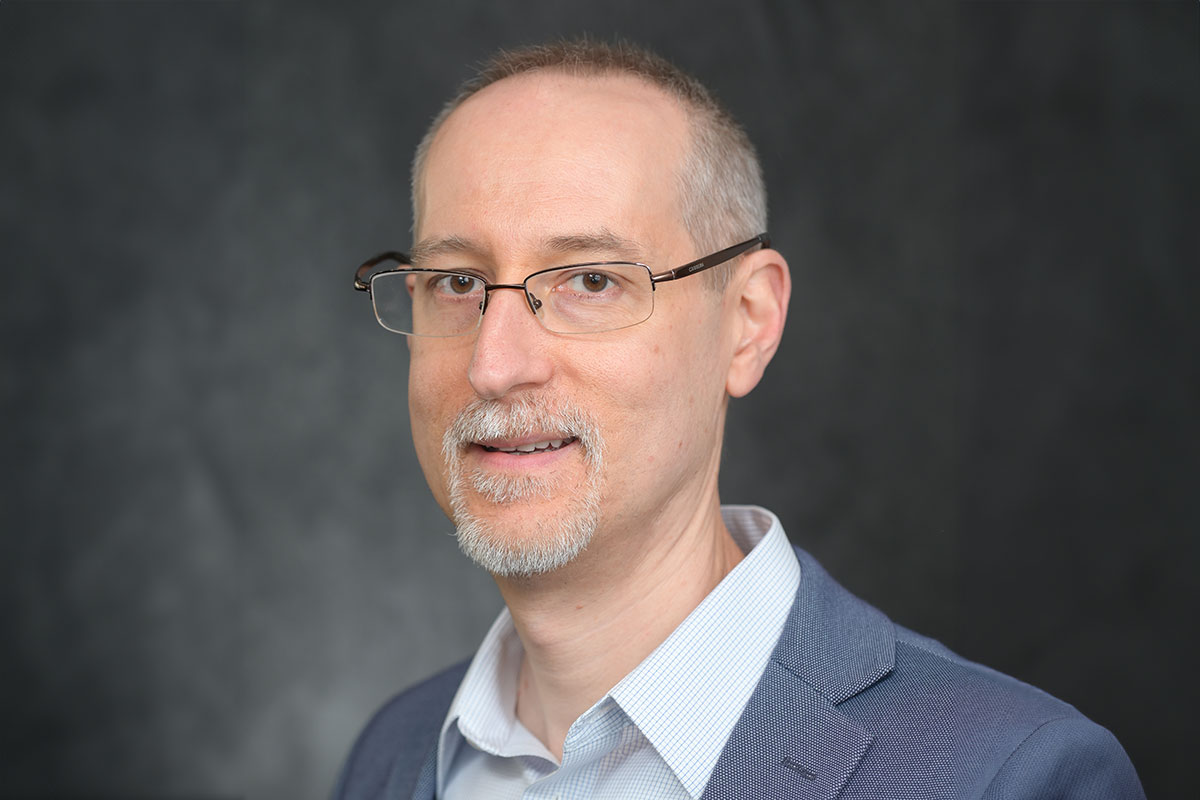University of Mississippi students can earn a Master of Science in Dietary Supplements and Medical Cannabis starting in fall 2024 pending final approval from the Southern Association of Colleges and Schools. The program would provide advanced training for people who are seeking jobs or looking to advance their current careers in dietary supplements.
“There’s a tremendous need for people who work in dietary supplements, (and) you can’t just go and get an undergraduate degree in it,” UM Director for Online Graduate Programs’ Biomedical Sciences Department David Colby told the Mississippi Free Press. “(This is needed) for the businesses to be successful, which is important for maintaining employment so that people can be successful and move ahead in this industry—so that people who want to launch those businesses in our state can achieve those objectives.”
Dietary supplements are gaining popularity, especially as many states have legalized marijuana for recreational and medical use. Mississippi passed the Medical Cannabis Act in 2022 permitting the use of medical cannabis to treat certain debilitating medical conditions. Since then investors have begun opening growing companies, testing labs and dispensaries.
Colby said UM has also seen an increased interest in pharmacy courses on medical marijuana. A recently added elective course in medical cannabis filled quickly, leaving students on the waitlist.
“When the legislation changed in the state of Mississippi, we saw major needs in the workforce and an opportunity for us as instructors to help people in the state of Mississippi reach their career goals as well as for those companies to be successful,” Colby said. “That’s why we started this plan to build this curriculum at our school.”
‘Bud Tending’ Pays Well
Because cannabis is a new industry in Mississippi, the state has a growing need for workers. Many facilities currently either hire someone from out of state or train them on the job once they obtain a work permit from the Mississippi Department of Health. UM’s new program will educate people who want to pursue roles in research, product development or formulation, and it may attract potential workers interested in regulatory affairs and marketing.
“The problem is there’s only so many well educated folks in the cannabis space, and they are often out of the state,” Mississippi Medical Marijuana Association Executive Director Ken Newburger said. “Several of those are people who left Mississippi to go be a part of the industry elsewhere. So if we’re training them on the ground here in Mississippi, having a university that is going to help educate people is going to help elevate our entire workforce.”

Newburger added that cannabis positions pay fairly well.
“Most bud tenders, which is kind of the starting point in the industry for a lot of people, are paid well above what a lot of other businesses are paying because there is a lot of on-site training,” Newburger said. “If you’re going to invest in a lot of training, you also want to incentivize people to stay and work at your facility for longer.”
The University of Maryland launched the first Master of Science in medical cannabis science and therapeutics in 2019, and degrees and courses in the field have been on the rise. However, Colby said UM’s program stands out because most of the current offerings focus primarily on teaching health-care professionals how to help patients.
“We’re really trying to help train people who want to work in the industry,” Colby said. “Our goal is to help people who want to move into the industries (of) dietary supplements, nutraceuticals, herbal natural products and medical cannabis, as well as those who want to move ahead.”
Fifty-Five Years of Studying Cannibas
This type of training will be important as the field grows. Newburger said that although having knowledgeable physicians and health-care professionals is great, the people working in the cultivation facilities and dispensaries who also need the technical expertise.
“There are so many different things inside just the cannabis play itself,” he said. “There are well over 100 different cannabinoids that we know of. When you go into a dispensary or when you are working at a cultivation or processing facility, you need expertise that is way beyond what most people even understand about cannabis.”

The University of Mississippi is already nationally known for its research of dietary supplements and medical marijuana. The School of Pharmacy started the marijuana program, which is funded through the National Institutes of Health by the National Institute on Drug Abuse, in 1968. UM, through that program, grows marijuana for use in research and clinical trials.
The university also housed the internationally renowned National Center for Natural Products Research, primarily serving the dietary supplements industry. In 2021, the School of Pharmacy added the National Center for Cannabis Education and Research.
Students in the online program will learn about dietary supplements during their first year and medical marijuana during the second year. The program will total 30 hours and include courses in chemistry, pharmacology and toxicology for formulation and manufacturing legislation.
Colby said the university plans to build a comprehensive curriculum for graduate students, undergraduate students and pharmacy students. Over the next five years, the school plans to add a one-year graduate certificate in dietary supplements and a one-year certificate in medical cannabis. The school also has plans to launch a Doctor of Pharmacy-Master of Science dual-degree program similar to the existing Pharm.D.-MBA dual-degree program.
“I think what it will do is add validity to the impact that the industry has had on Mississippi,” Newburger said. “We’re seeing hundreds of millions of dollars of investment from cannabis companies across the state. So, a university dedicating resources to help make sure that we have the most educated workforce here really shows something that a lot of other states don’t have.”
Source : Mississippi Free Press


